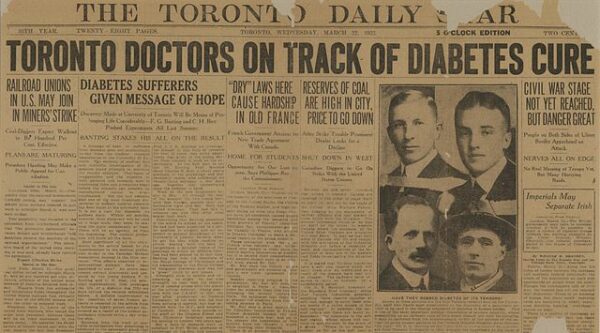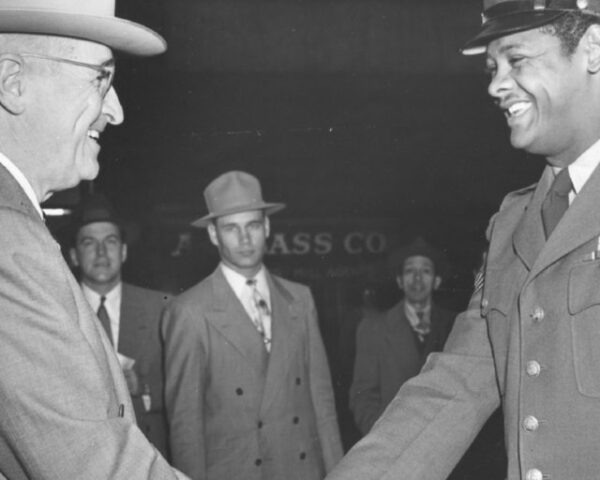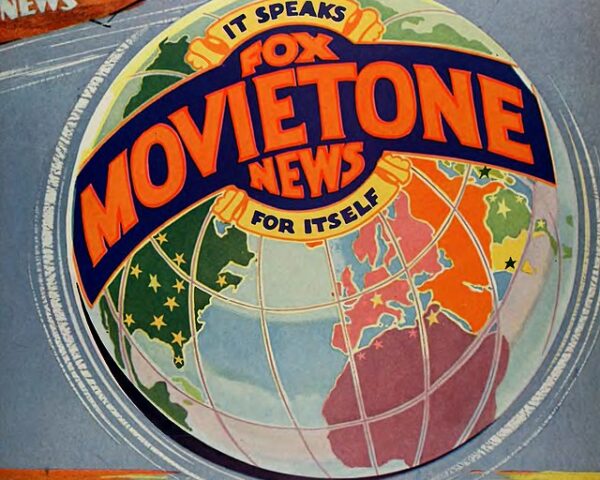On July 28, 1868, the United States certified the 14th Amendment to the Constitution, a transformative moment in American history that fundamentally redefined the nation’s approach to civil rights and equality. This amendment, which arose during the Reconstruction era following the Civil War, sought…
Read MoreOn July 28, 1935, a four-engine plane took a test flight from Boeing Field in south Seattle. When it rolled out of Boeing’s hangar, the company labeled it Model 299, but a newspaperman named Richard Smith dubbed the new bomber due to its many…
Read MoreOn July 27, 1921, Dr. Frederick Banting, a Canadian surgeon and Charles Best, a medical student, isolated the hormone insulin for the first time, helping millions across the world fight diabetes. The two men made their breakthrough while performing research at the University of…
Read MorePresident Harry S. Truman’s Executive Order 9981, issued on July 26, 1948, was a landmark decision in American history, mandating the desegregation of the armed forces. This order marked a significant step towards civil rights and set the stage for future legislation aimed at…
Read MoreOn July 26, 1953, Fidel Castro launched the attack that marked the start of the Cuban revolution and reshaped the power structure of the Western Hemisphere. The July 26 Movement was named after the attack on the Moncada Barracks on that date in Santiago…
Read MoreThe world of music witnessed a seismic shift on July 25, 1965, when Bob Dylan “went electric” at the Newport Folk Festival. This momentous event not only marked a turning point in Dylan’s career but also had profound implications for the music industry as…
Read MoreThe Pine Tar Incident is one of Major League Baseball’s most memorable controversies, occurred on July 24, 1983, during a game between the Kansas City Royals and the New York Yankees at Yankee Stadium. The incident involved Royals third baseman George Brett and revolved…
Read MoreOn July 24, 1824, The Harrisburg Pennsylvanian, a local newspaper from the capital of Pennsylvania, changed poltical reporting forever. The newspaper conducted a survey in Wilmington, Delaware, asking their opinions on the presidential election due that November. That year, President James Monroe decided to retire,…
Read MoreOn July 23, 1927, Fox Film Corporation changed movies forever when it bought the patents for the Movietone sound system. This acquisition marked a pivotal moment in the evolution of filmmaking and sound recording, setting the stage for the widespread adoption of synchronized sound…
Read MoreJackie Robinson is not just a monumental figure in baseball history, but he also changed American history and left an enduring impact on the nation’s social fabric. On July 23, 1962, he became enshrined forever in Cooperstown. Born on January 31, 1919, in Cairo,…
Read More










